Wet Conditions Delay Planting as Other Regions Race to the Finish
In the latest ILSoyAdvisor podcast, Abigail Peterson, CCA, and Stephanie Porter, CCA, from Illinois Soybean Association discuss the current planting and crop conditions in Illinois. They cover mid-May to June soybean planting recommendations and address the latest issues with weeds, cover crop termination, and pests.
Checklist for Late Soybean Planting (Mid-May to June)
If you're planting soybeans from mid-May to June, refer to this checklist from Illinois Soybean Association Agronomist Stephanie Porter, CCA, for insights on seeding rate, row spacing, maturity, weed management, disease control, and more.
How Will Planting Delays Impact Yield?
In this episode, the Soy Envoys discuss recent field activity, highlighting variability in conditions with some regions dry and suitable for planting while others remain wet. They also discuss significant weed pressure, reports of black cutworm feeding in both corn and soybeans, replanting, and more.
Contributors Needed for Weed Mapping Project
Scientists are working to track troublesome weeds across the country by creating and updating weed distribution maps. They are seeking help from crop consultants, agronomists, and weed scientists for this project.
Is It PPO Damage?
In 2024, weather conditions have shifted from ideal in March to cool and wet from April into May, raising concerns about herbicide applications, seedling diseases, and emergence issues. IL Soy Envoy, Eric Beckett, CCA, focuses on the use of PPO inhibitors which are crucial for preemergence weed control but may raise some alarms of unsightly-looking soybeans as they emerge and begin to grow.
Planting Progress: Don’t Hit the Panic Button Yet!
Tune in to hear the Soy Envoys provide the latest field updates in this episode, where they discuss the sporadic planting progress and share their top concerns. From herbicide application to emerging pests and prevent planting, stay informed on the pressing agronomic issues impacting farmers.
You Think Your Soy Has the Blight: Now What?
In this blog, Stephanie Porter, CCA, of Illinois Soybean Association, explores the deeper issue of soybean seedling blight and urges farmers to consider the underlying causes and how to manage it.
Spring Moth Trapping Update
Kelly Estes of the IL Cooperative Agricultural Pest Survey Program provides an overview of spring moth trap results and forecasts for the upcoming weeks.
Registration Open for 2024 Field Days
ILSoyAdvisor is committed to addressing the diverse soybean production challenges across Illinois. Join us for our summer field events, Field Talks and Tailgate Talks, where agronomic experts will provide region-specific advice and the latest agronomic information.
Rainfall…And Replant?
In this episode, the Soy Envoys provide an overview of recent rainfall across various regions of Illinois with reports ranging from ½ inch to 5 inches. They discuss emerging concerns such as replant considerations for soybeans, disease in wheat fields, and seedling diseases. Looking ahead, they advise on re-planting decisions and caution against making major switches in crop too soon.

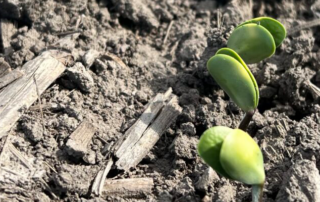
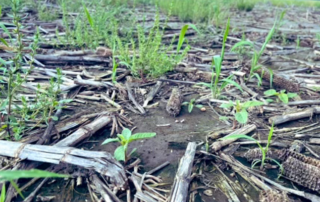
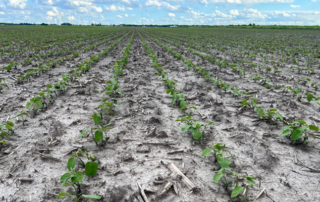
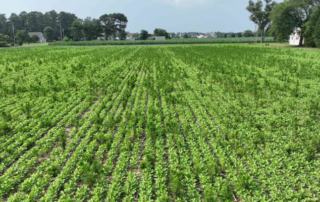
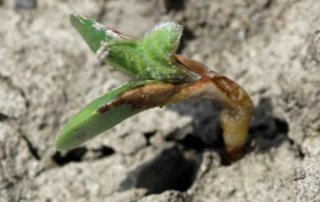
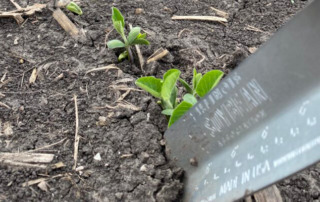
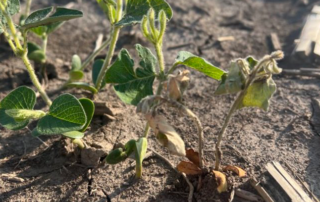
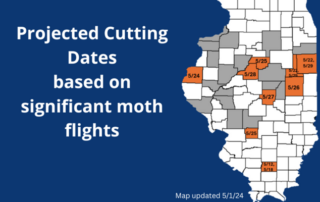
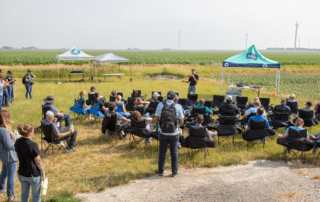
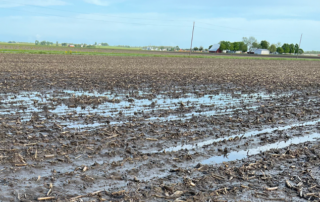

 and then
and then